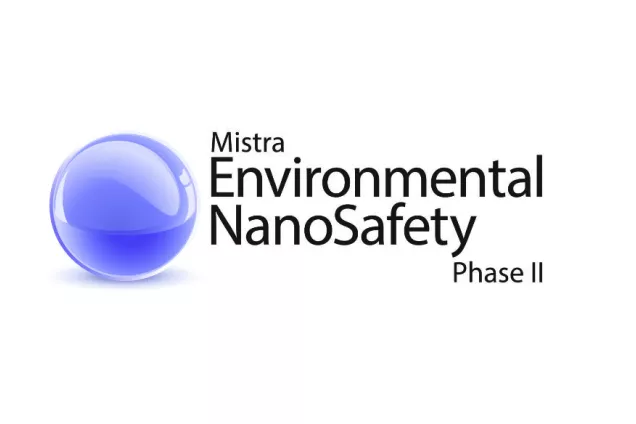Risk assessment and risk management
Safe production and use of nanomaterials requires effective risk management. For this purpose, we combine nano-related exposure and toxicity knowledge with state-of-the-art processes and procedures for risk management, ranging from legislative and regulative levels down to hands-on work processes.
Research areas
Safety management in research facilities
Research labs and research facilities often combine many hazards, offering complex risk panoramas. Nano-related risks in research laboratories often concern novel materials, and therefore great uncertainties. A mix of students, senior researchers, technical staff and sometimes also many visiting researchers puts certain demands on risk management.
Comprehensive nano risk management
Effective protection of people and the environment requires risk management to span the entire life cycle of nanomaterials, from initial design, overproduction and use, to end-of-life recycling, destruction or dispersion.
This perspective on nanosafety risk management cuts through the catalogue of projects at NanoLund and has been specifically addressed at e. g Almedalen 2019.
Nanosafety training
To promote state-of-the-art nanosafety competence among future generations of researchers and practitioners, we develop nanosafety training. We have developed the first and so far only cross-disciplinary graduate-level nanosafety course, covering such aspects as nanotoxicity, exposure assessment and analysis, protective strategies, and risk management. We work with commissioned education and with other education for the surrounding society, focusing on developing understanding and competence covering lab work, material design, understanding of nanomaterial life cycle perspectives and safe by design.
Contact persons

Nanosafety course
Course information (PDF, 327 kB)
– open to PhD students as well as professionals

Mistra Environmental Nanosafety
Final report (PDF, 3.7 MB) of a MISTRA research program to manage risks of nanomaterials, which ended in 2023. The report features 10 highlights comprising the behaviour of nanoparticles in the environment, new methods for the aging and degradation, as well as toxicity assessment. Included materials were polymers, metals, metal oxides and electronics waste.

